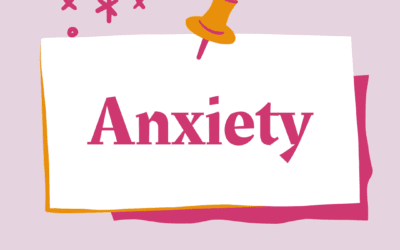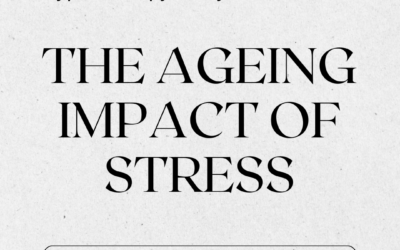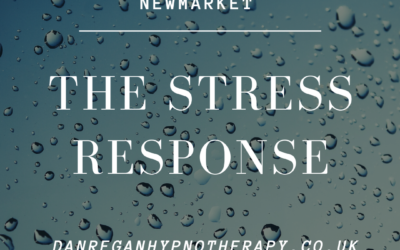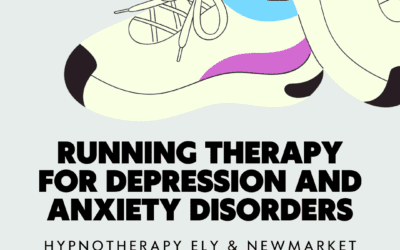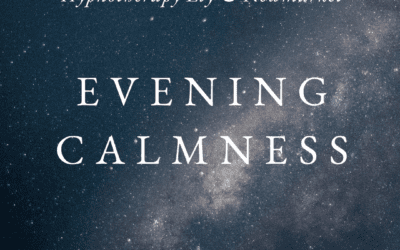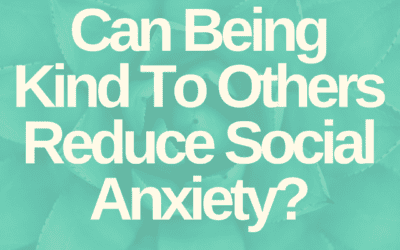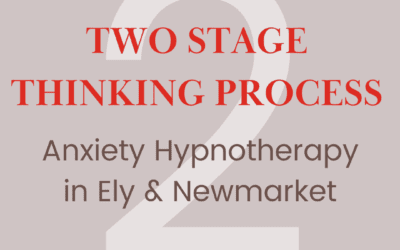Required
Anxiety Ely and Newmarket
Anxiety Ely and Newmarket
Anxiety is one of the most prevalent issues right now, and the one that can have the most debilitating and limiting impact on your life. Whether you’ve always had a bit of a tendency for worry and now it has grown out of hand, or it’s something newer, anxiety thoughts and feelings can lead to you feeling lower and lower.
There are all the anxious thoughts that take over your focus and that dominate your awareness. You think the worst, catastrophise, think of the worst case scenario and dwell on things. Your anxious imagination takes over and thoughts accelerate through your mind. Everything seems negative and daunting. You feel that you aren’t in control over what goes on inside of your own head. Even where you know your worries may not happen or aren’t totally logical, that doesn’t stem the tide of ongoing anxiety that rolls on from one thing to another.
Alongside those anxious thoughts, there are all the uncomfortable feelings that you struggle with. You feel hot, tense and restless. Your sleeping and eating can be affected. You lack energy and feel weak. Your heart pounds, your breathing rate increases and you may feel wired all the time, like you can’t switch off. And you can get stomach issues where you feel nauseous and sick, meaning you want to eat less and do less. These are all things your body can cope with in times of stress, yet where they are too much and last too long, you feel awful.
You then get stuck in the habitual anxious cycle. Your anxious thoughts lead to you feeling anxious. And feeling anxious leads to thinking even more worst case scenarios. On top of that, you don’t want to do things because you feel so anxious and so you withdraw from normal activities. And you avoid as much as possible that could cause you anxiety and in doing so strengthen the sense of threat about those things that your mind has somehow learnt.
As a former anxiety sufferer myself, I know how dominating and debilitating it can be. Yet, I also know that you can learn how to master your own thoughts, feelings, actions and reactions. And you can change those thoughts and those feelings and the patterns of anxiety into new habitual ways that leave you feeling calm, confident and in control.

